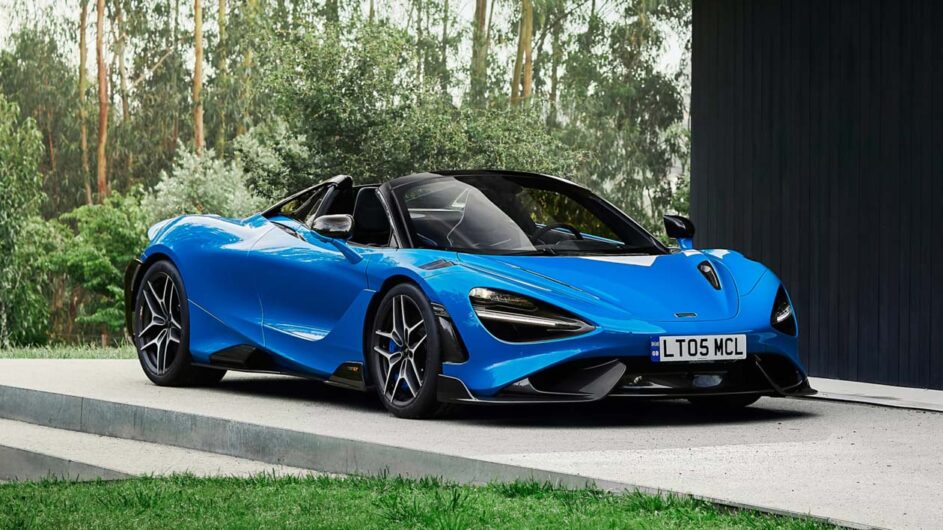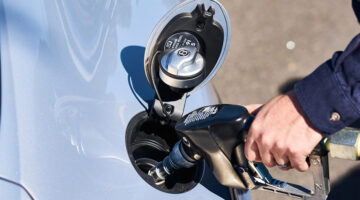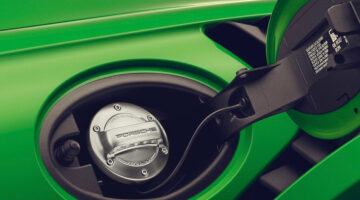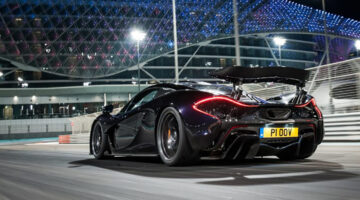Jethro feels that if manufacturers aren’t careful we could see the end of the very cars we love

We should always be a celebration of the best performance cars past and present. We should interrogate and question, of course, but this is one of the last safe sanctuaries for those of us who love cars. A place to dream and revel in all the magic stuff you can’t define by merely writing out a spec. In a world of CCTV surveillance, dash cams, average speed cameras, speed limiters and technology created by car companies with the sole purpose of removing the driver from the equation (which is pretty odd, when you think about it), evo is the car park at the Nürburgring. Eclectic, welcoming, buzzing with activity and with a frisson of danger just for good measure.
It’s a bubble of which I’m very fond. And so I always hesitate to jump on the ‘too fast for the road’ bandwagon in this safe haven. That’s for other people to debate. Of course, I’m not some sort of flat-earth denier. Cars are too fast for the road. Not just supercars or sports cars, supersaloons or hyperhatches. Just generally. Modern tyre tech, stability systems and suspension technology allows even a complete novice to drive very, very quickly should they be of a mind to do so. Even in, say, a mid-level Focus. Up the ante to a Golf R for example, and the momentum involved starts to get scary.
> MY20 Nissan GT-R Nismo 2020 review
It’s hard to pinpoint exactly when cars became too fast, but if I had to ‘blame’ any single car for the exponential ramp-up in accessible performance it would have to be the Nissan GT-R. I remember vividly the first time I tried Nissan’s new monster and the shock at what it could do. The way the digital boost gauge didn’t even flicker from its maximum between gearchanges, the speed it could change direction and the outrageous blend of control, balance and grip. It wasn’t so much the ultimate potential that was mind-blowing (although it was extraordinary), but the fact that Nissan had found a way to unlock everything it had to give in almost any situation. Not only did it rewrite the rules to the game, it forced everyone to play catch-up. The new normal was beyond what before had been considered other-worldly.
Which is how we find ourselves here. Gazing upon a line-up of road cars that have simply stupendous abilities and – I’m not going to lie – offer extreme excitement. There’s an old cliché that driving a slow car fast is more fun than driving a fast car slow. Which is true. But driving a fast car fast is something else entirely. It’s not OK to say it, but… driving these cutting-edge cars as fast as your talent allows is lots and lots and lots of fun. Sustainable? Nope. Responsible? That depends on the circumstances. But I defy anyone given the key to anything from an AMG A45 S to a Ferrari F8 Tributo on a fabulous and empty stretch of road to tell me they’d get a bigger thrill in Car X with 100bhp and remoulds.
So yes, cars are too fast for the road. I suspect that’s a forever thing now. What’s occupying my mind is whether the latest breed of supercars in particular are simply too fast to responsibly sell to human beings. The issue crystallised during a run to the petrol station on this year’s eCoty. Me in a Lamborghini Huracán Evo RWD, followed by Dickie Meaden in the McLaren 765LT. Way back when (and maybe in another country with less licence-losing potential) this would have been one of those drives. The ones you get to the end of and pray to God nobody saw, heard or recorded what had just unfolded. In these cars? Mostly lifting the throttle to avoid breaking the sound barrier, punctuated by a few frenzied corners pushing into their vast reserves of composure. The Lambo was sensational and made me feel heroic, scared and amazed all at the same time. But I doubt I used more than 5500rpm. The LT? It is a whole new level again, so I assume Dickie didn’t even bother flicking a paddle himself.
However, I did take a friend of the mag out in the 765LT and for a few seconds let rip on an empty moorland road. The passenger, well versed in these sorts of cars, went very quiet before blurting out, ‘Jesus, it makes the Speciale feel like a 2.7-litre Cayman.’ Just think about that for a second. The Speciale is a 597bhp track-focused supercar. And he’s right. And how do you qualify to own a 765LT? Just be rich. Zero talent required. Zero training.
I’m loathed to suggest more personal freedoms are taken from us as consumers and individuals. I adore the 765LT and other cars like it. But sooner rather than later the manufacturers have to exercise some restraint before somebody steps in and legislates far more drastic measures that could literally end the production of the sorts of cars we celebrate right here. The scary part? Supercars are built in tiny numbers. A blip. With the rapid pace of EV tech and the race to 1000bhp everyday saloons and SUVs, this problem is only going to get bigger, heavier and evermore out of control.
This article originally appeared at evo.co.uk
Copyright © evo UK, Autovia Publishing



